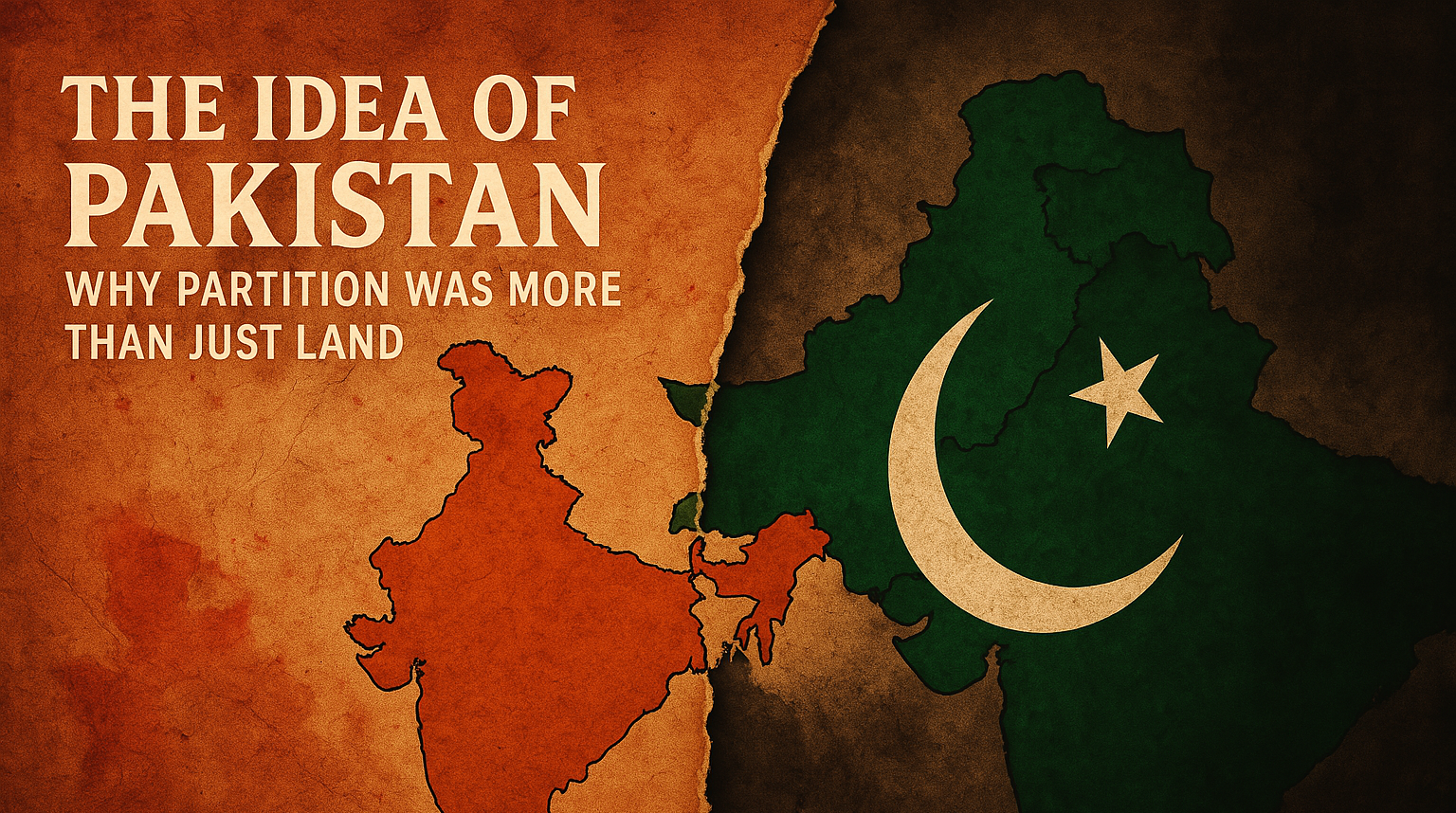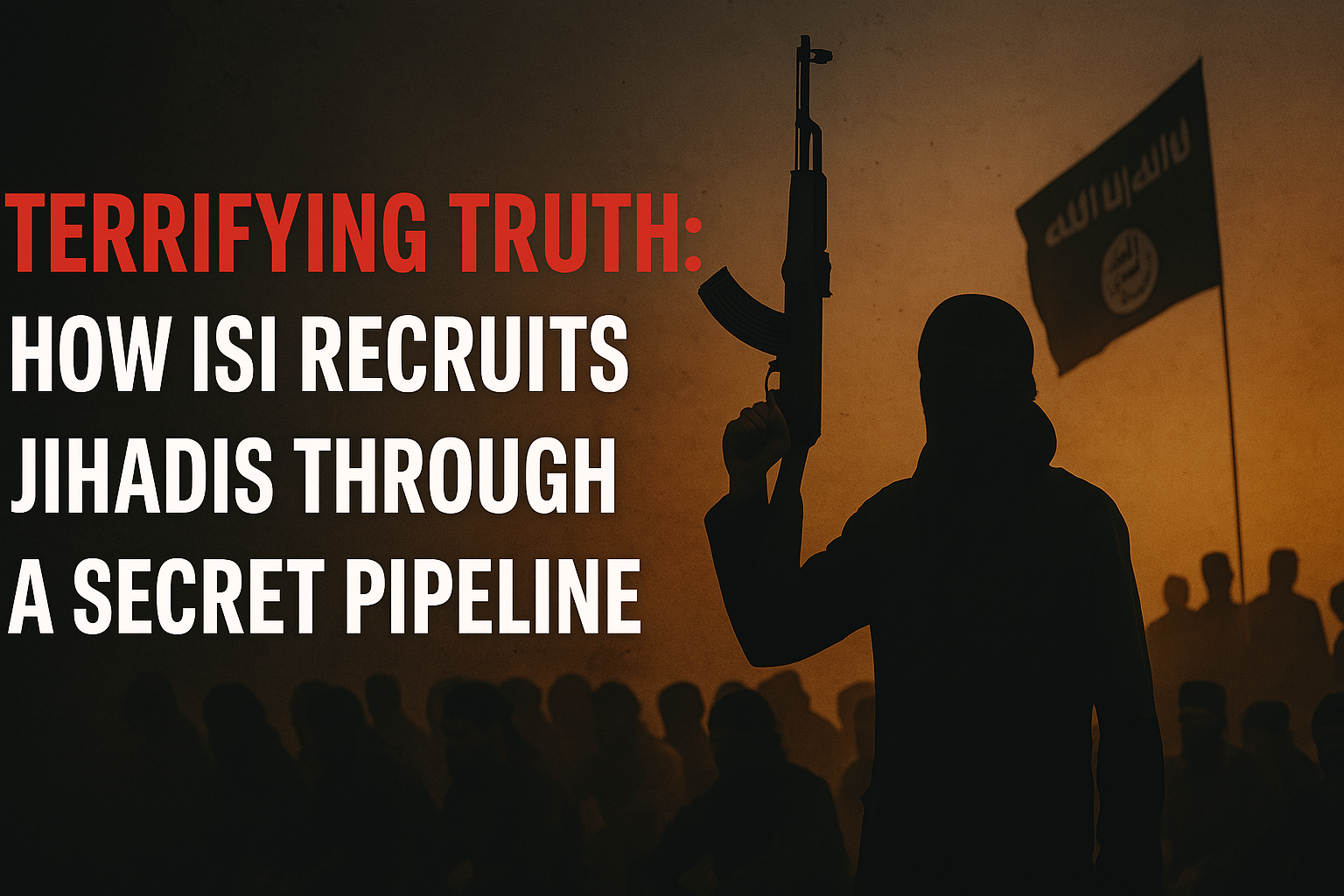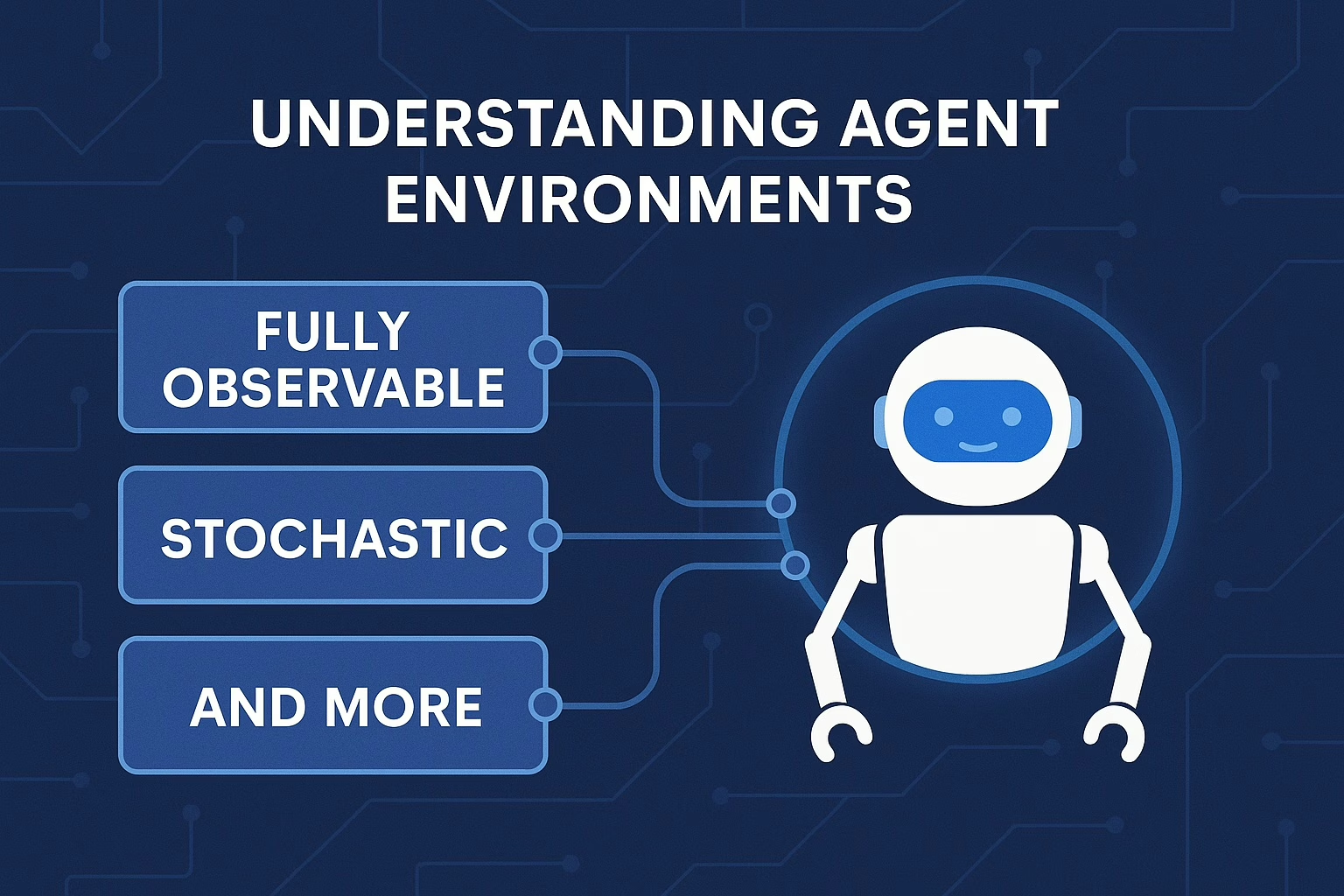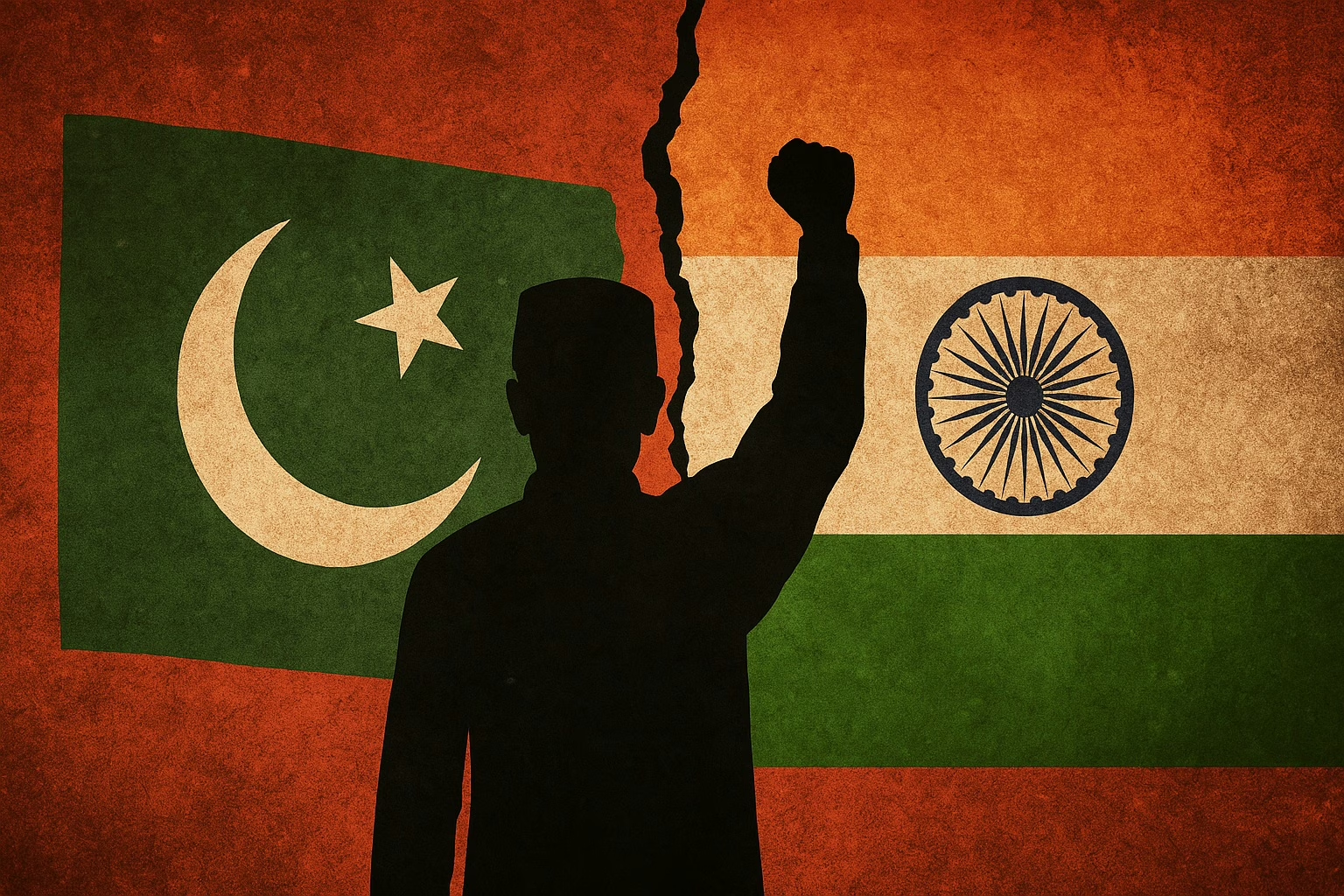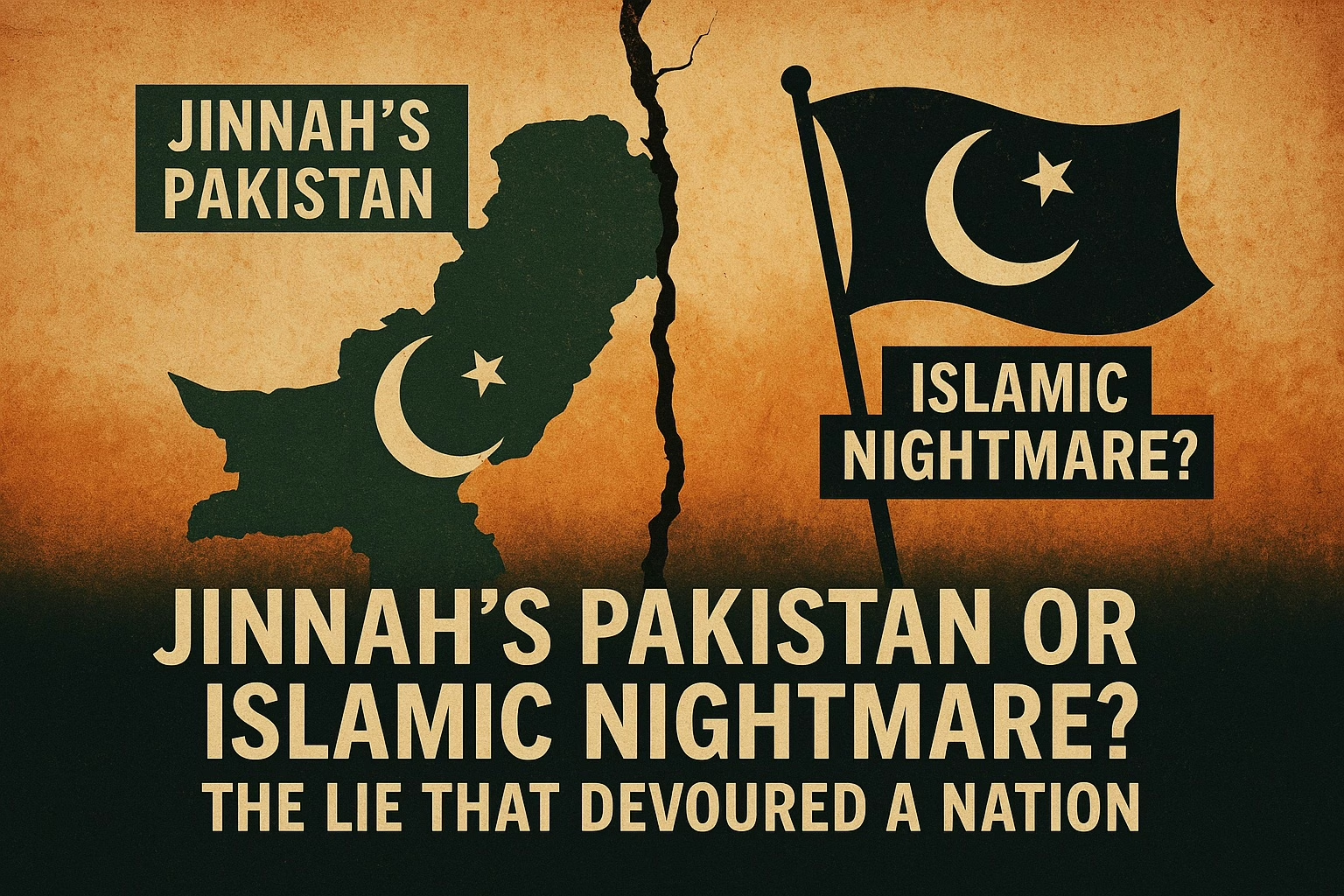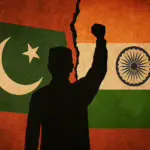Introduction: Welcome to the Republic of Delusions
What happens when you create a nation based not on what you are — but what you’re not? You get Jinnah’s Pakistan, a country imagined by a man who didn’t even believe in what he sold, and executed by fanatics who didn’t believe in anything but hate.
It was supposed to be a homeland for Muslims. Instead, it became a hellhole for everyone, including Muslims.
So, let’s dissect the fantasy Jinnah sold, the nightmare Pakistan became, and why the two will never — ever — align.
Jinnah’s Pakistan: Suits, Cigars, and Secular Sales Pitches
Let’s get one thing straight — Jinnah’s Pakistan was never meant to be Islamic. In fact, Jinnah was as Islamic as vodka at a madrassa.
He:
- Drank.
- Ate pork.
- Sent his daughter to a Parsi family.
- Quoted British law like scripture.
- Couldn’t recite the Shahada without stumbling.
He envisioned a secular, democratic Pakistan, where Muslims could thrive without being second-class citizens in a Hindu-majority India. Sounds noble, right?
But here’s the kicker: nobody else in Pakistan agreed with him. The same mullahs who refused to pray at his funeral would later turn Pakistan into a launchpad for global jihad.
Jinnah created a car with no engine, handed the keys to the Taliban, and expected a joyride through democracy. Spoiler: the car exploded.
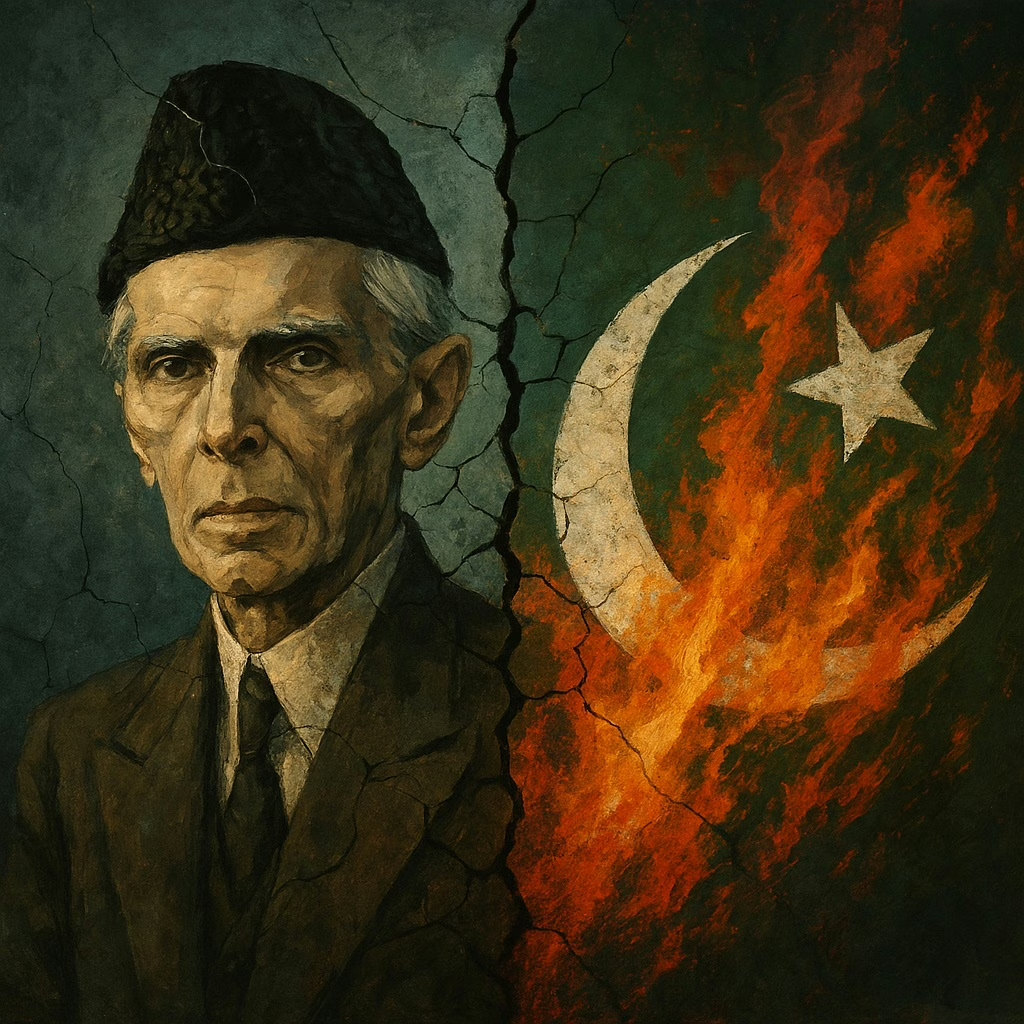
Real Pakistan: Where the Fantasy Collapsed Before the First Friday Prayer
From the moment of independence, Jinnah’s dream became Pakistan’s joke. Within a year:
- Minorities began fleeing or were driven out.
- The Objectives Resolution (1949) declared Islam the state religion.
- Clerics who despised Jinnah started defining national policy.
- Ahmadiyyas — who helped create Pakistan — were declared non-Muslim in 1974.
- By the 1980s, thanks to Zia-ul-Haq, even breathing secular air became blasphemy.
This wasn’t a drift from the dream. It was a revolt against it.
Muslim Unity? Try Muslim Cannibalism
Jinnah envisioned Pakistan as a unifier of Muslims.
But Muslims in Pakistan are:
- Sunni vs. Shia
- Barelvi vs. Deobandi
- Punjabi vs. Baloch vs. Sindhi vs. Pashtun
- Urdu-speakers vs. everyone else
- Arabs-in-their-heads vs. Indians-in-denial
In fact, Pakistan’s motto should be:
“One Religion, Many Wars”
Even mosques aren’t safe. Shias are bombed. Ahmadis are lynched. Christians are blamed. Hindus are nearly extinct.
Instead of uniting Muslims, Pakistan invented new reasons to kill them.
Jinnah’s Justice vs. Pakistan’s Blasphemy Circus
Jinnah was a constitutional lawyer. He believed in law, order, and rights.
Now contrast that with modern Pakistan, where:
- Blasphemy is the fastest way to a death sentence.
- Courts can’t protect you. Judges who acquit blasphemy victims end up shot.
- A teenager liking the wrong Facebook post can spark city-wide riots.
- Mob justice is the highest form of governance.
This isn’t law and order. It’s law and slaughter.
What Secularism? Pakistan Was Born Rejecting It
Here’s a brutal truth: Pakistan was always going to become this. Because the ideological fuel was Islam, not progress.
Even if Jinnah had lived longer, the clerics were sharpening knives from day one.
Pakistan never even flirted with pluralism. It immediately:
- Destroyed temples
- Renamed cities to erase Hindu/Sikh history
- Purged textbooks of any non-Islamic past
It wasn’t a deviation. It was the blueprint.
The Foreign Puppets: Yesterday Britain, Today Everyone
Jinnah was played by the British. Modern Pakistan? It’s being played by everyone.
- Saudi Arabia funds mosques that radicalize children.
- China builds roads while taking over markets.
- The US used Pakistan like an Uber for Mujahideen.
- IMF gives loans Pakistan uses to bomb its own borders.
It’s not a sovereign nation. It’s a freelancer in foreign policy.
Pakistan’s loyalty is always for sale. The price? Ideological purity, economic sovereignty, and national dignity.
Jinnah’s Pakistan Didn’t Want Kashmir. Real Pakistan Can’t Survive Without It.
Jinnah once said, “We want a homeland for Muslims.” Kashmir, at the time, was ruled by a Hindu king but had a Muslim population. India offered a secular future. Pakistan offered… well, nothing.
Now, Pakistan’s national identity is Kashmir obsession. It defines itself by a place it never had.
Why? Because:
- It distracts from internal failures.
- It validates the Two-Nation Theory.
- It justifies keeping the military in power.
But Kashmiris have seen what happened in East Pakistan. They’re not signing up for that sequel.
The Shattered Myth of Moral Superiority of Jinnah’s Pakistan
Pakistan was sold as morally superior — the pure land. But let’s do a reality check:
- Human rights? Non-existent.
- Women’s rights? Hijacked.
- Religious freedom? A fantasy.
- Freedom of speech? As useful as a swimming pool in Thar Desert.
Meanwhile, Indian Muslims have:
- Presidents
- Film superstars
- Billionaires
- Governors
- Constitutional protection
So, if Jinnah’s logic was that Muslims needed Pakistan to be safe, modern India is the biggest rebuttal to that theory.
Jinnah vs. Today’s Pakistan: A Man Betrayed by His Monster
If Jinnah came back today, he’d be:
- Declared a non-Muslim by clerics.
- Shot for apostasy by radicals.
- Cancelled by Pakistanis for drinking and being liberal.
- Buried quietly — again — but this time, no state funeral.
The state he created would reject him.
And that’s the tragic irony: Pakistan is the first country to kill its founder’s dream — and then glorify him on banknotes.
Conclusion: Was Jinnah’s Pakistan a Broken Dream or a Dangerous Fantasy?
Let’s stop being polite. Jinnah’s Pakistan was never real. It was a delusional construct to grab power, escape democratic accountability, and wrap feudalism in a green flag.
Today’s Pakistan isn’t the betrayal of that vision. It’s the natural outcome of it.
- Build a country on religious exclusivity? Expect sectarian bloodbaths.
- Remove history that doesn’t serve your narrative? Expect intellectual collapse.
- Worship ideology over inquiry? Expect stagnation.
Jinnah’s Pakistan was never betrayed. It was doomed from inception.
So no, this isn’t a broken dream.
It was always a dangerous fantasy.
And the world is still paying the price.
🔁 Missed the previous article?
Read Part 2 of this series: The Two-Nation Theory: How a Lie Became National Doctrine
It breaks down the supremacist origins of Pakistan’s ideology.
📚 Recommended Reading:
Pakistan: A Failed State or a Deep State? – Brookings Institution
This analytical piece supports your argument about Pakistan’s ideological collapse and foreign dependency.



